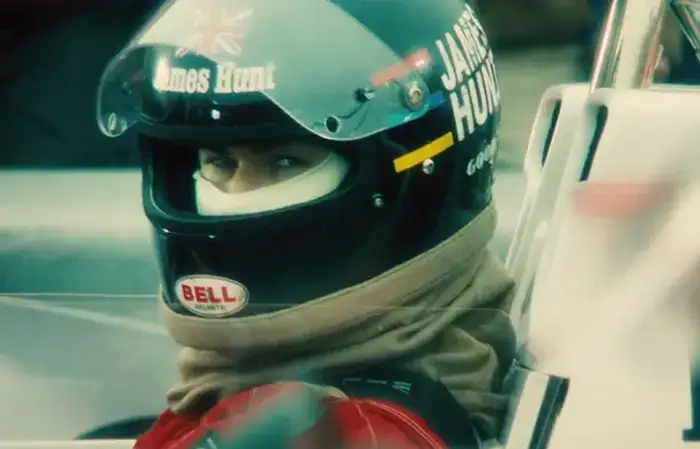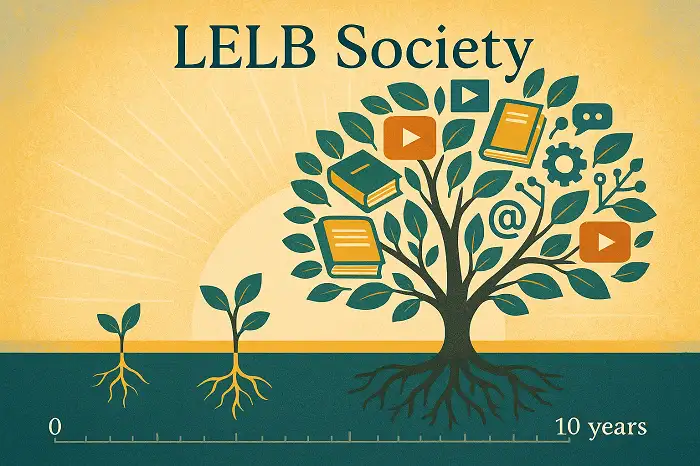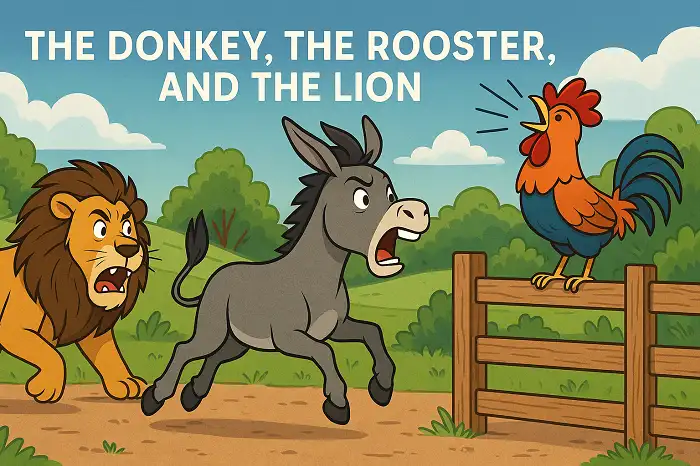Rush (2013) movie analysis and film criticism for advanced ESL students based on the English Immersion Program to practice the 4 language skills Rush (2013) movie trailer Rush (2013) movie analysis Rush is a high-octane drama chronicling the intense rivalry between two Formula One racing titans, James Hunt and Niki Lauda. The film unfolds in the glamorous yet dangerous world of 1970s motorsport, where these polar opposites clash on and off the track. Hunt, a charismatic man, embodies the free-spirited spirit of the era, while Lauda is a calculated, methodical genius driven by perfection. Their fierce competition pushes them to ...
Home » Learn English with Films Online » Rush (2013) Movie Analysis and Film Criticism

Rush (2013) Movie Analysis and Film Criticism
Updated: by Dr. Mohammad Hossein Hariri Asl
Time to Read: 3 minutes | 398 Views | 2 Comments on Rush (2013) Movie Analysis and Film Criticism
Share This Post
About the Author
Dr. Mohammad Hossein Hariri Asl is an English and Persian instructor, educator, researcher, inventor, published author, blogger, SEO expert, website developer, entrepreneur, and the creator of LELB Society. He's got a PhD in TEFL (Teaching English as a Foreign Language).
Number of Posts: 4242



1. In the movie “Rush”, James Hunt is portrayed as the individualist. He has a free-spirited personality that prioritizes personal pleasure, charisma and recognition. He has a chaotic personal life and often intends to take risks and ignores the potential dangers and consequences of driving Formula1.
In contrast, Niki Lauda represents a collectivist mindset. He is calculating, disciplined, methodical, and focused on strategy and technical work. He has a planned life with healthy relationships and not taking the deathly risks.
2. Cinematography and sound design have a crucial role in conveying intense rivalry and the danger of Formula 1 racing.
Moreover, the close-up shots and the music score by Hans Zimmer both enhanced the depth of emotional impact on viewers.
3. The movie succeeded in balancing both the dramatic portrayal and historical accuracy of the rivalry between these two Formula 1 drivers. However, some minor changes were made to add drama and emotional impact.
Overall, what I enjoyed the most was the relationship between Hunt and Lauda. Although they were opponents and initially disliked each other, over time they developed a mutual respect and admiration for one another for different reasons and to me, the respect between two opponents is a sign of each person’s emotional growth.
Your comment is in fact an essay on the movie, Rush. Thank you so much for being so elaborate.
To me, the most noticeable distinction between the two characters and personality was impulsiveness vs. reflectivity demonstrated by Hunt and Lauda respectively.